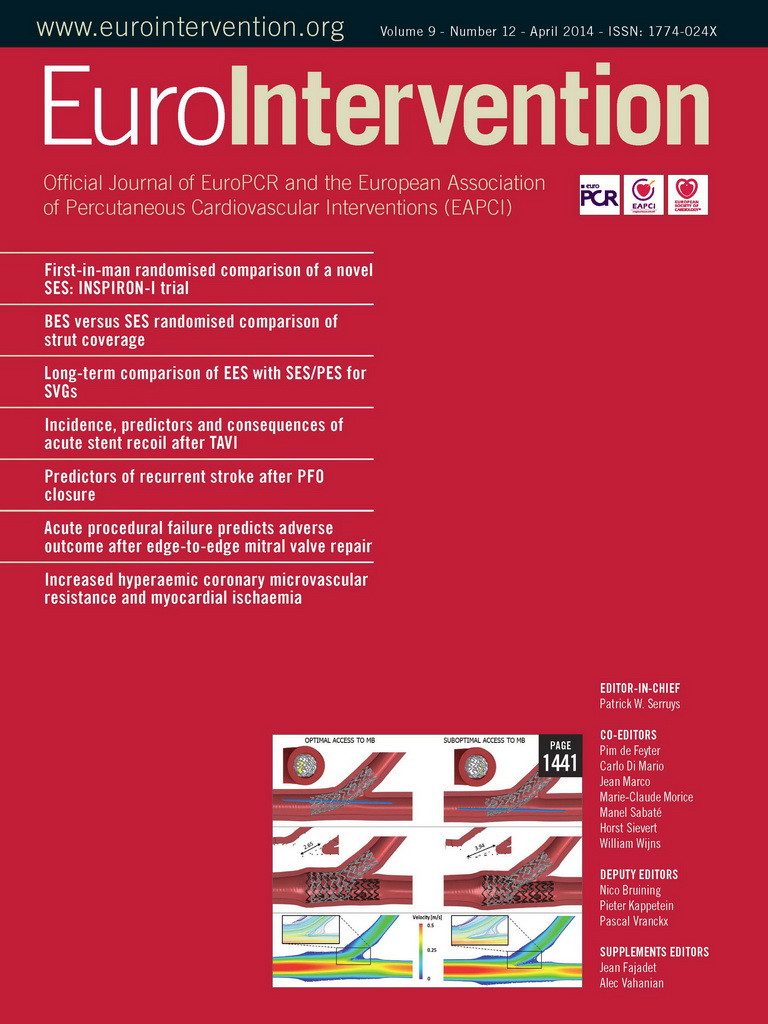Within our association, committees are a way of acknowledging essential elements in our professional lives. They provide a forum for their members, offering increased visibility and providing them with a dedicated and focused centre within the organisation where they can pursue the goals and needs specific to their group or interests.
Since I began my presidency, we have seen the establishment of several new committees, which, by the quality of their activities, the level of their commitment, and the dynamic personality of their members, have had a positive impact on the EAPCI. There is the very active “Young” group, which advocates for young interventionalists and fellows in a variety of ways including the development of educational programmes and communications, as well as networking. In a similar fashion, we recently announced the creation of a committee addressing the needs and promoting the concerns of Women in our speciality. Now, I have the pleasure of announcing the creation of a committee within the EAPCI dedicated to one of the most important groups in our day-to-day practice, Nurses and Technicians. This committee will be chaired by Lene Kløvgaard and co-chaired by Sandra Griggio and David Zughaft, who have been working hard to make it a reality.
The role of nurses and technicians has always been essential to the practice of medicine and nowhere is this more true than in the cathlab today. Fully integrated in the care of our patients, they play a major psychological role helping guarantee that the patient fully understands the procedure. Nurses and technicians are also responsible for the preparation and handling of the different devices we use. We all agree that they are major contributors to the success of our work, and are essential to the life of our cathlabs. We cannot offer the high level of care we strive for today if we do not offer the best level of education and opportunities to these essential members of our team.
Coronary interventions have witnessed tremendous change, and nurses and technicians must remain up-to-date concerning the latest devices used in different clinical procedures: stents for bifurcations or CTOs, guidewires and balloon catheters, dedicated devices such as aspiration catheters or rotablators, all require continuing education. Their role is also increasingly essential in FFR, IVUS and OCT. In structural heart interventions, the role of nurses in the preparation of the valves is critical, as in peripheral interventions where they participate in complex procedures such as in the percutaneous treatment of aortic abdominal aneurysm or below-the-knee interventions. In renal denervation their skills and presence are essential aspects of the successful care of the patient.
The four tracks in cardiovascular medicine discussed above are the basis of the EuroPCR Course, and we will have a specially designed programme dedicated to Nurses and Technicians developed specifically “by and for” the Nurses and Technicians community.
The EAPCI - dedicated to education and sharing experience and practice - is thus proud to welcome the Nurses and Technicians committee within our association. We have the experience, the vision and organisational support to be able to offer the best curriculum and associative skills to this new committee, ensuring that nurses and technicians are exposed, in a systematic way, to emerging technological advances as they become available. Working together, “by you and for you”, we can offer nurses and technicians a wide range of opportunities in education, training and networking, pointing them, as well, to other careers, working towards goals such as licensing requirements or becoming clinical research nurses.
In our practice today, where we challenge ourselves to offer the highest level of care available, there is an increasing need to ensure closer collaboration of our team in the cathlabs and in our daily practice. The nurses and technicians work in a finely tuned symbiosis and complementarity with us and daily make our work possible through their own commitment to excellence. We are excited to be able to welcome their committee here in the EAPCI and look forward to our future collaborations.

